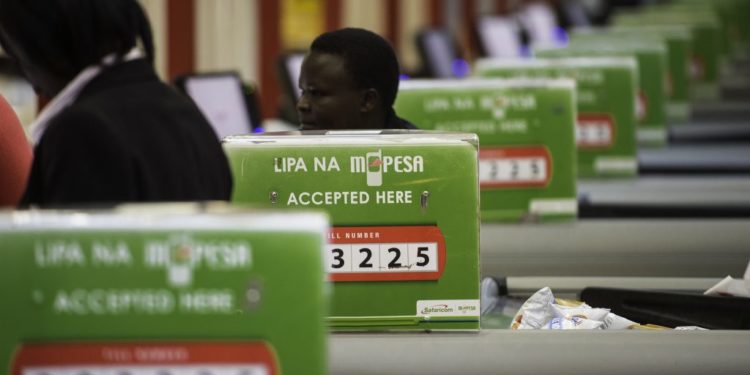KRA has swiftly dispelled claims circulating on social media that it is imposing taxes on MPESA Till numbers.
“Not true. Till numbers are NOT subject to taxation, and KRA does not collect any such taxes. Beware of fraudsters purporting to do any of the above,” KRA said in a tweet.
The denial follows a user’s post stating that businesses, especially those using Lipa Na M-Pesa for transactions, are facing closures and financial restrictions. The user claimed that merchants are unable to access their funds, prompting a shift towards alternative payment methods.
“Morning, if you have a shop or using Lipa na Mpesa for your business, most are being shut down (unafaa lipa tax for it) customer can pay but as a merchant you can’t access your money, since yesterday, thought it was maintenance but apparently most supermarkets and shops are opting out of lipa na Mpesa and out of pochi la biashara, so kindly look for alternative means of payments by clients,” the screenshot read.
This dispute comes on the heels of recent actions by the KRA, which, in October, reported an increasing number of businesses reverting to cash transactions from mobile merchant payment accounts.
The tax authority had heightened compliance checks in major towns, leading to a trend where businesses previously reliant on Lipa Na M-Pesa Buy Goods Till numbers began encouraging customers to pay in cash.
Caroline Rotich, Chief Manager in the KRA’s Domestic Taxes Department, acknowledged the shift in payment preferences. “It is already noted that [closure of Lipa Na M-Pesa merchant accounts] is what is happening in the market. We are working on strategies on how we can work around this,” she stated.
In response to the evolving situation, the KRA announced plans to collaborate with Safaricom, the telecom company facilitating Lipa Na M-Pesa transactions. The tax authority intends to gather information on merchants opting out of M-Pesa Buy Goods and Pochi La Biashara tills, aiming to enhance efforts against tax evasion.
Safaricom’s Lipa Na M-Pesa Buy Goods Till has been popular among small traders, offering a convenient way to collect payments and manage financial transactions.

















